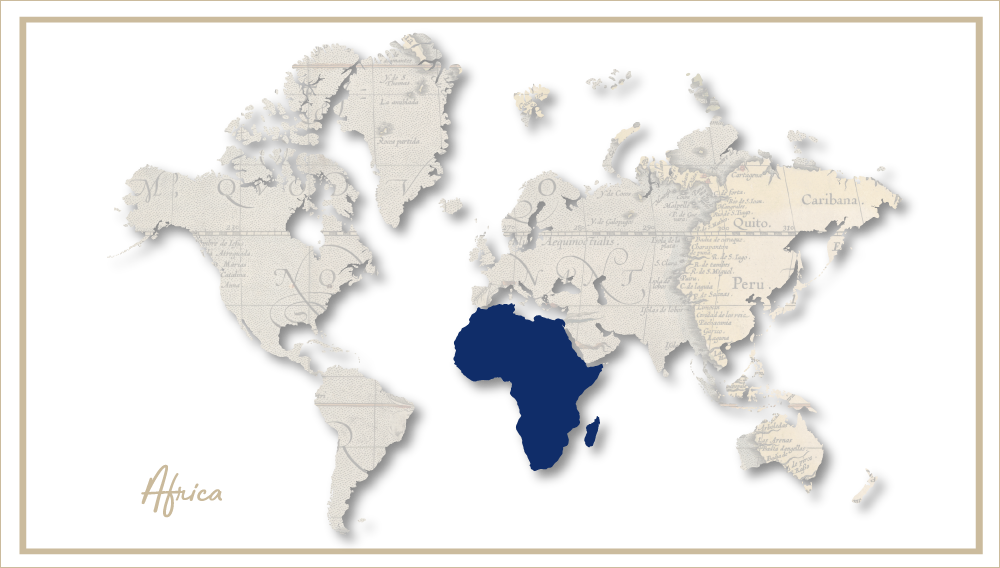End in sight for Kenya’s beer monopoly?
Keroche Breweries has become east Africa’s newest beer maker, launching three brands on 24 October 2008. The brands – Summit Lager, Summit Malt and a yet-to-be-named "black" beer, will compete with East African Breweries’ Tusker Lager, Tusker Malt and Guinness respectively. Until the entry of Keroche, EABL was Kenya’s sole large-scale brewer.
According to local media reports, Keroche’s Naivasha-based brewery will initially employ 100 people, with hundreds more being engaged in the company’s distribution network.
Keroche is no newcomer to the alcohol industry. It was in the fortified wines business for a decade. A jump in taxation in 2006 saw the company exit the business last year amid a bitter row with the Kenya Revenue Authority (KRA). Keroche subsequently won a court case in which KRA was asking for USD 17 million in unpaid tax.
EABL, which is listed on the Nairobi Stock Exchange, is majority owned by Britain’s Diageo (50.03%) while 49.97 percent of EABL’s shares are publicly held by over 23,000 local shareholders.
In the year to 30 June 2008 the brewer, which commands an estimated 71 percent of the alcohol market in Kenya, reported a pre-tax profit of Ksh12.3 billion (USD 175 million), up 16 percent from the preceding period. The volume of beverages it sold rose 15 percent.
Keroche, which took a USD 15 million loan to upgrade its Naivasha brewery, will probably rely on its 100 percent Kenyan ownership to market its products, something which is expected to take the fire out of EABL’s famous "My country, my beer" slogan.
Keroche’s marketing strategy could prove effective. In the late 1990s, EABL itself played the patriotic card to win a beer war against SABMiller. In the nasty media campaign that followed Castle, which had constructed a brewery in the industrial town of Thika outside Nairobi, was depicted as foreign and uncommitted to Kenya.
The prolonged marketing wars however came to an end in 2002, when the two giants reached a settlement in which they carved out the beer market in east Africa among themselves. SABMiller agreed to exit Kenya, and EABL decided to leave the Tanzanian market to the SABMiller subsidiary.
Keroche hopes to grab a 30 percent market share in five years. Its beers will be sold at "current market prices", which basically means that they will be priced to compete with EABL’s products.
The country’s beer market, analysts say, will continue to grow for the foreseeable future on the back of economic growth and a young population. According to the Barth Report, Kenya is Africa’s number four beer market with beer volumes having reached 4.5 million hl in 2007. Currently, consumption of beer stands at just 12 litres per capita.

